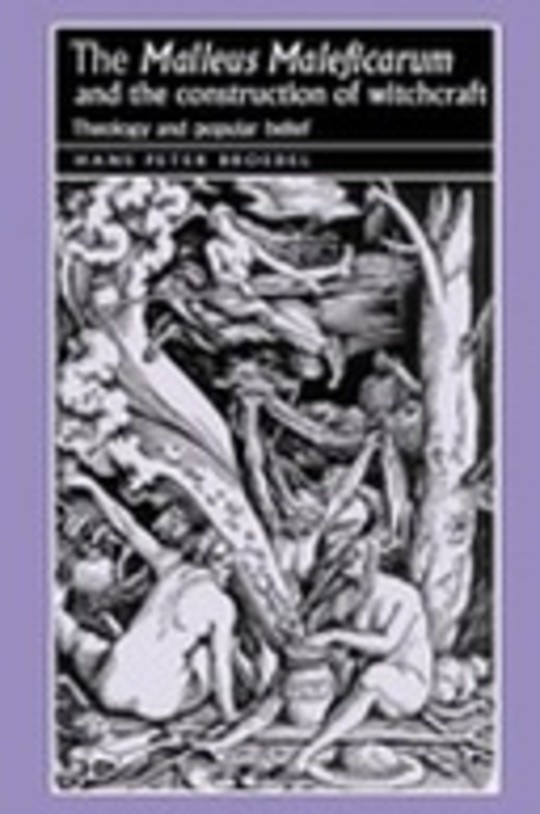
Balkan holocausts?
Free
Description
Contents
Reviews
Language
English
ISBN
0-7190-6466-X
CONTENTS
PREFACE
ACKNOWLEDGEMENTS
Introduction
1 What is the nation? Towards a teleological model of nationalism
2 Instrumentalising the Holocaust: from universalisation to relativism
3 Slobodan Milosevic and the construction of Serbophobia
4 Croatia, ‘Greater Serbianism’, and the conflict between East and West
5 Masking the past: the Second World War and the Balkan Historikerstreit
6 Comparing genocides: ‘numbers games’ and ‘holocausts’ at Jasenovac and Bleiburg
7 Tito’s Yugoslavia and after: Communism, post-Communism, and the war in Croatia
8 ‘Greater Serbia’ and ‘Greater Croatia’: the Moslem question in Bosnia-Hercegovina
Conclusions: confronting relativism in Serbia and Croatia
BIBLIOGRAPHY
INDEX
The book hasn't received reviews yet.











